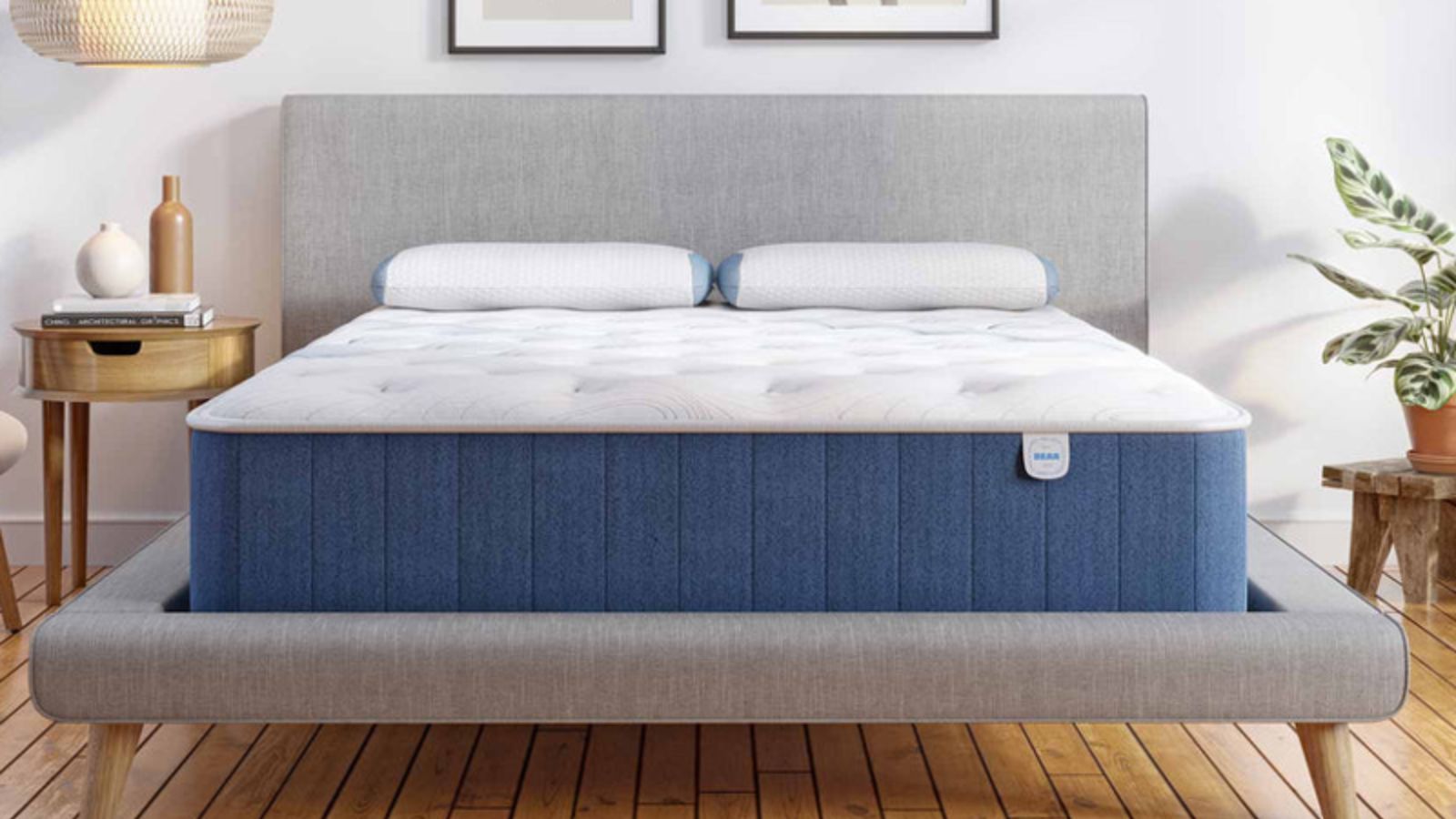
Back when I slept on an old-fashioned innerspring, I used to dream of a plush mattress. I imagined thick layers of pillowy foam that contoured to my curves and let me sink into my mattress, until I felt totally weightless.
The truth of the matter is a little more complicated. I still love sinking into a plush mattress for an hour or two of relaxation, but I can't sleep without sufficient support. I've learned the hard way that even a plush mattress needs a solid base to bear my weight and ease my aches and pains.
Out of all the mattress types, a plush mattress is most suitable for side sleepers who need a bit of give to cushion their hips, knees, neck, and shoulders. If you sleep on your back or side, you'll benefit from a firmer surface. I asked mattress makers and medical professionals to help me explain the pros and cons of a plush mattress and identify the best alternatives.
What is a plush mattress?
As H&G's resident sleep writer, I know that the best mattress carefully balances comfort and support. I've combed through our back catalog of reviews to bring you plush mattresses that are soft yet sufficiently supportive to maintain proper spinal alignment.
What is a plush mattress?
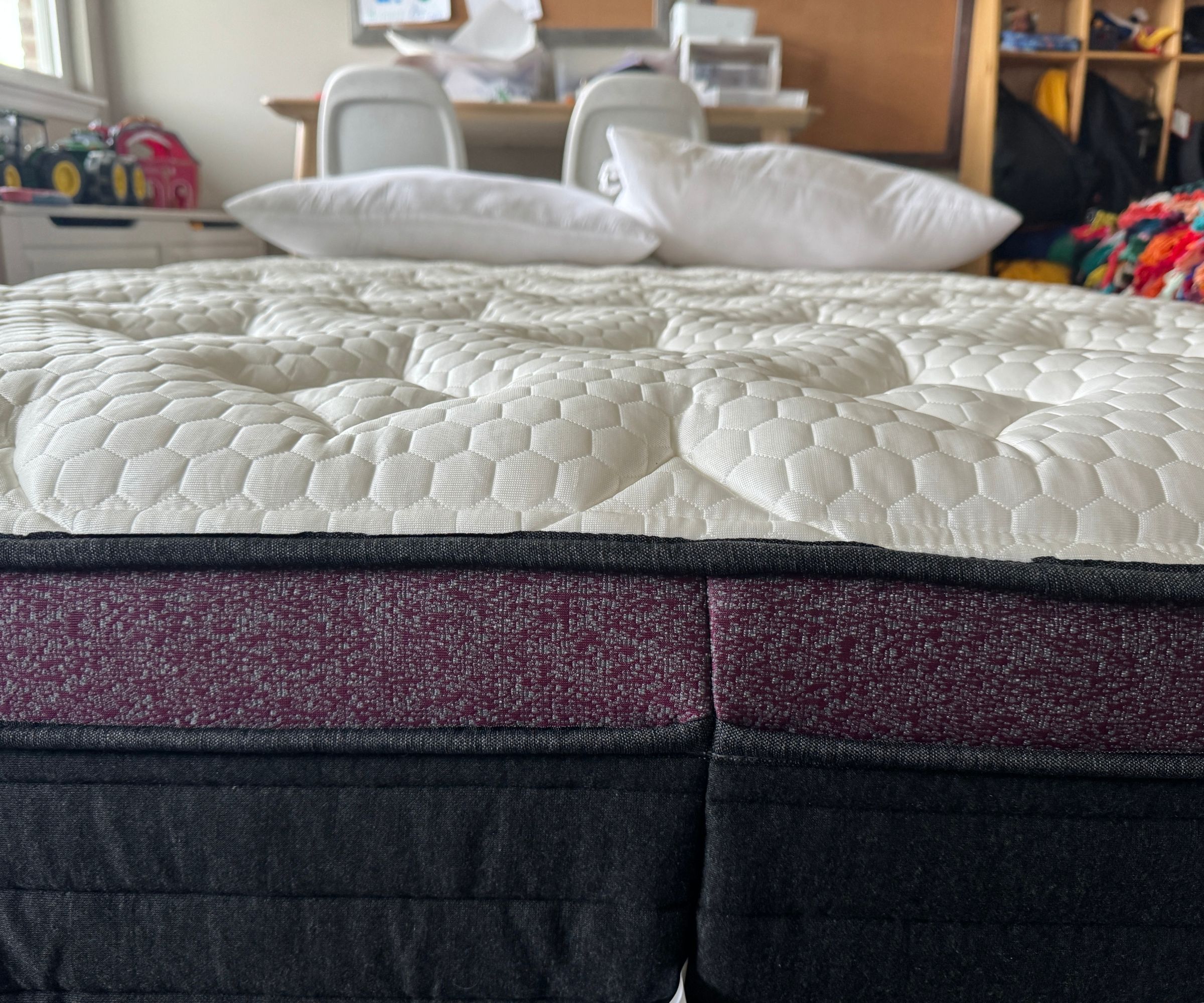
If you've ever tried shopping for a mattress, whether online or in-store, you've probably come across firmness ratings. Some mattress brands rate the firmness of their beds on a scale of 1 to 10, where 1 is the softest and 10 is the firmest. A plush mattress would fall around a 3 or a 4. More often, though, you'll read that a mattress feels Soft, Medium, Medium-Firm, or Firm. A plush mattress is just another word for a soft mattress.
Your average plush mattress is filled with foam and boasts all the benefits of a memory foam mattress. A plush mattress is made to mold to the shape of your body and take the weight off your pressure points. I'd expect to find a plush mattress in a high-end hotel or luxury spa for rest and relaxation during a short-term stay.
Plushness is more about feeling than filling, which means that a plush mattress can come in many forms. If you add enough foam, any mattress can be a plush mattress: you might find a pillow-top hybrid mattress or even an innerspring mattress that feels plush to the touch.
What are the pros of a plush mattress?
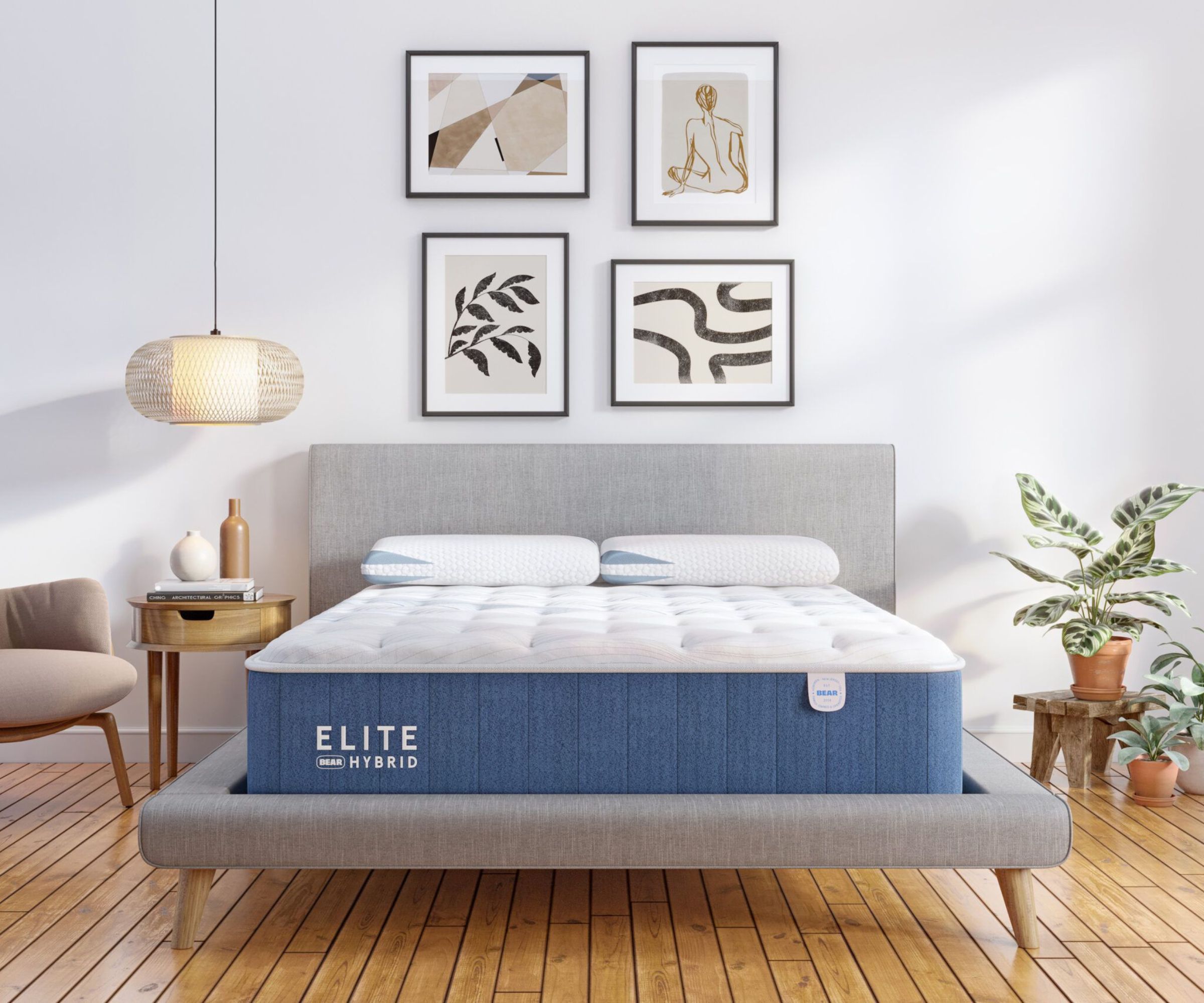
When I asked licensed chiropractor Dr. Matt Tanneberg whether a plush mattress was a good or a bad thing, he couldn't give a straight answer. That's because the ideal mattress firmness is totally subjective and varies from sleeper to sleeper. Dr. Matt says it all 'depends on what you like in a bed, as well as the position you most commonly sleep in'.
'People who sleep on their sides typically do best with plush mattresses as the extra cushion takes pressure off the major contact points of side sleeping: your hip and your shoulder,' Dr. Matt reveals. That makes a lot of sense: a side sleeper needs a softer mattress so that their joints don't get crushed against a firmer surface.
If you're a light sleeper, or you share a bed with a pet or partner, you might appreciate the motion-isolating properties of a plush mattress. All that thick foam works to absorb movement, which would otherwise bounce across the bed and disturb your sleep in a spring mattress.
Funnily enough, a plush mattress might be a good option for a cold sleeper and cooler climes, for similar reasons: thick foam tends to trap heat, which can keep you warm as you sink into the softer surface.
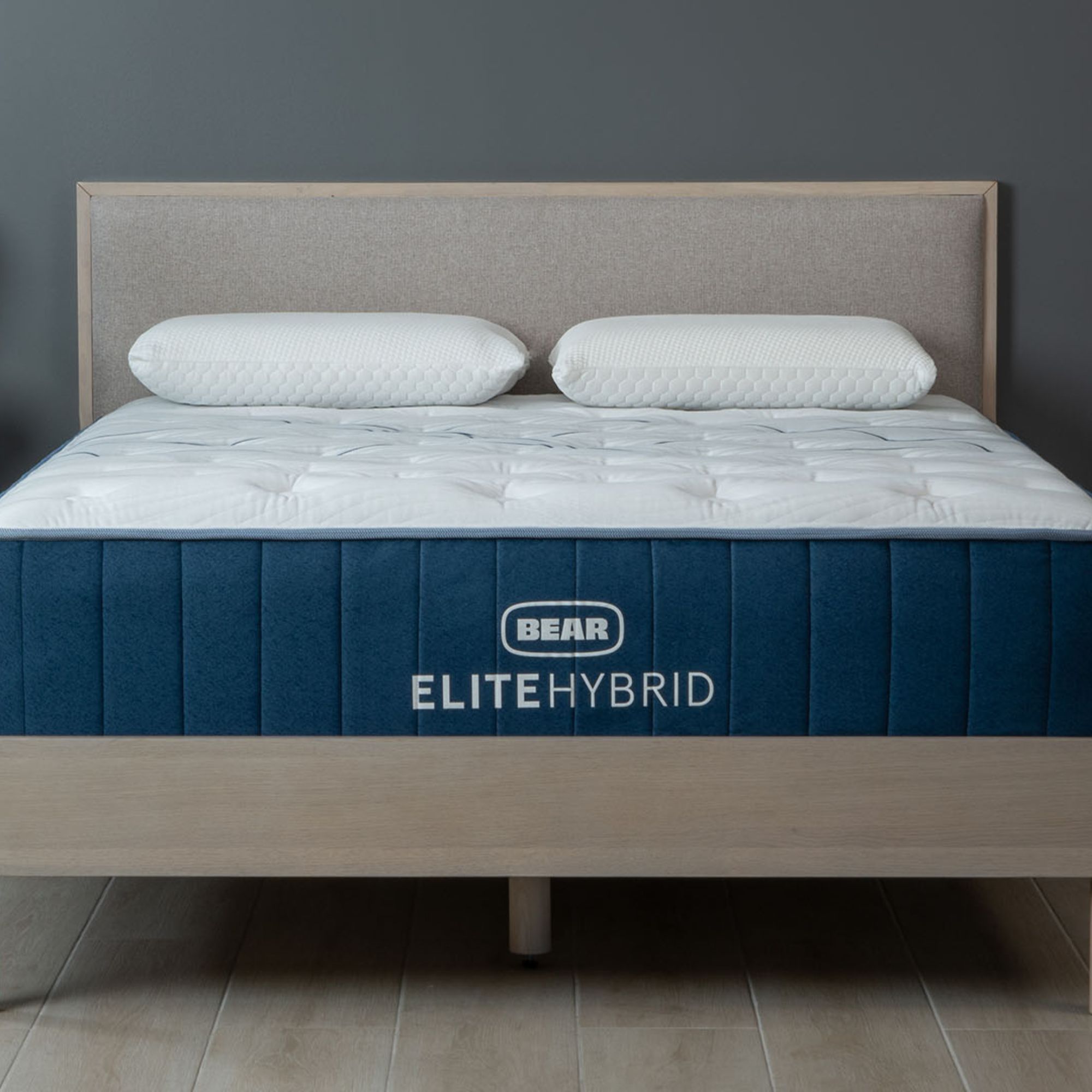
This bed is soft enough to cushion your neck, shoulders, hips, and knees, yet sufficiently supportive to maintain the natural alignment of your spine. Comfortable and cooling, it's the best hybrid mattress we've ever tested.
You can find more detail in our Bear Elite Hybrid Mattress review.
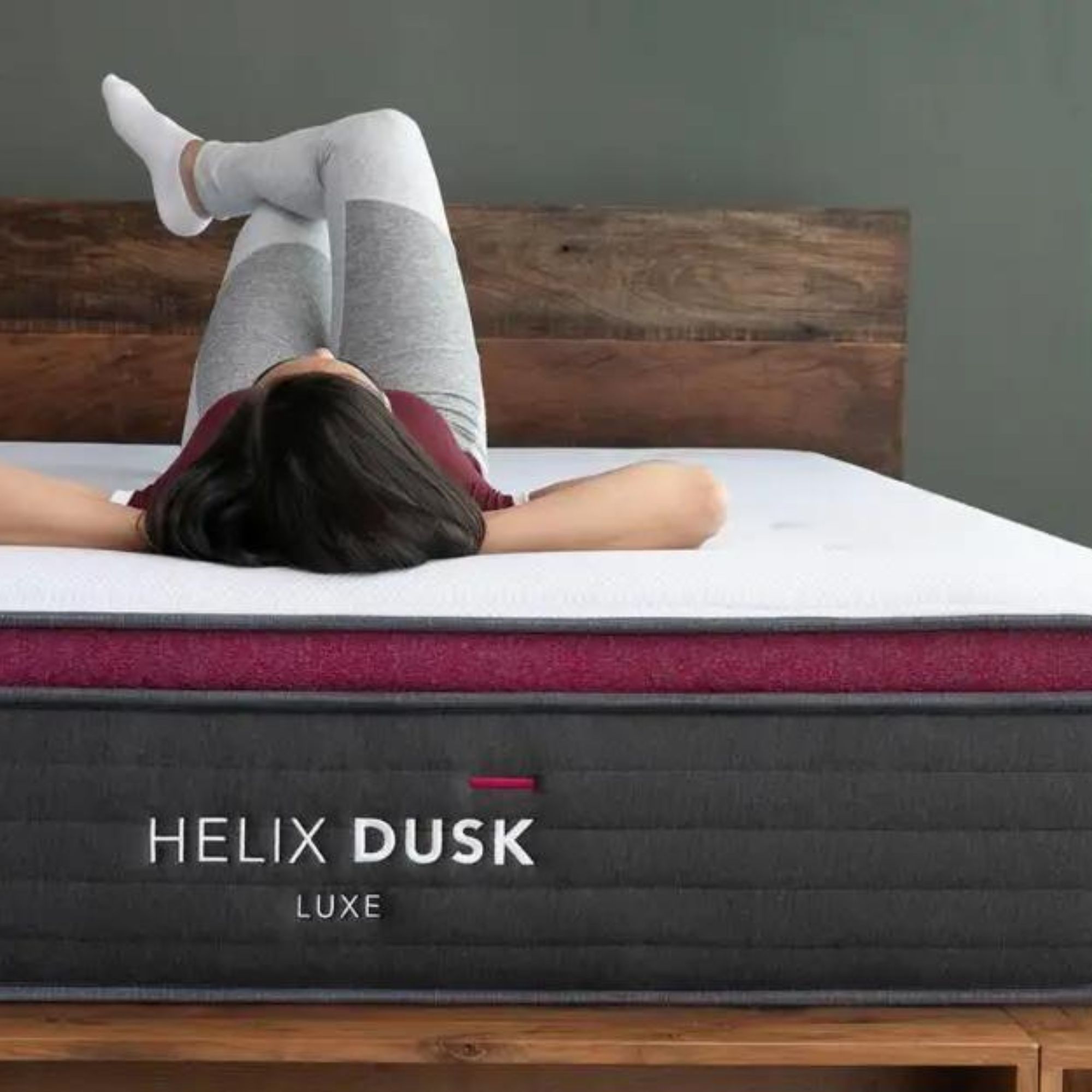
For hotel-quality comfort at home, spring for the Helix Dusk Luxe Mattress. The plush pillow top lends a lovely sinking feeling, just enough to take the weight off your joints but not so much that you start to feel swallowed up by the mattress.
You can find more detail in our Helix Dusk Luxe Mattress review.
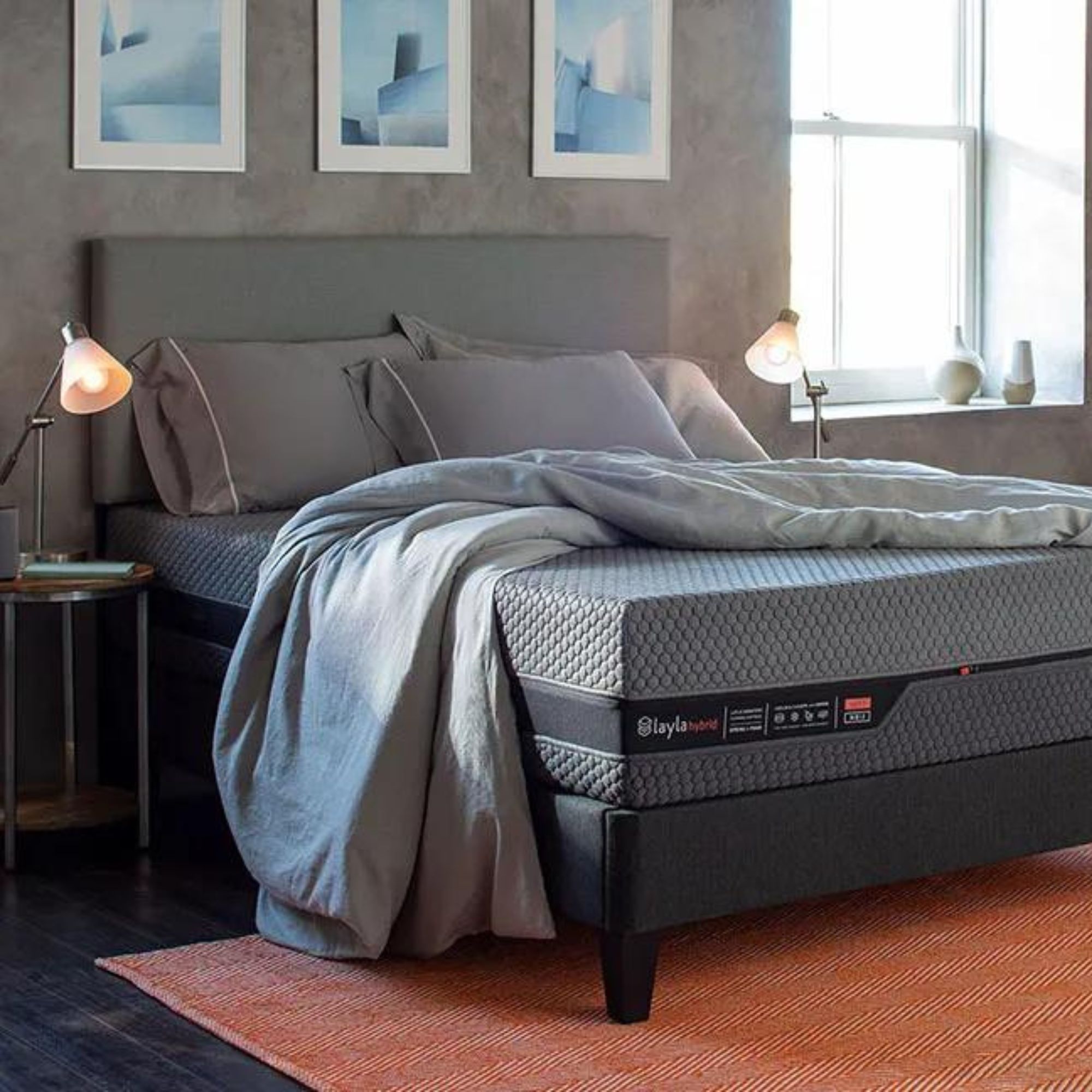
This is a flippable mattress: one side is soft and plush, but still supportive, while the other is firmer and less flexible. To switch between the sides, all you need to do is grab hold of the sturdy handles around the edge of the bed. I'd recommend the Layla Hybrid Mattress for side sleepers who like a bed with a bit of give.
You can find more detail in our Layla Hybrid Mattress review.
What are the cons of a plush mattress?
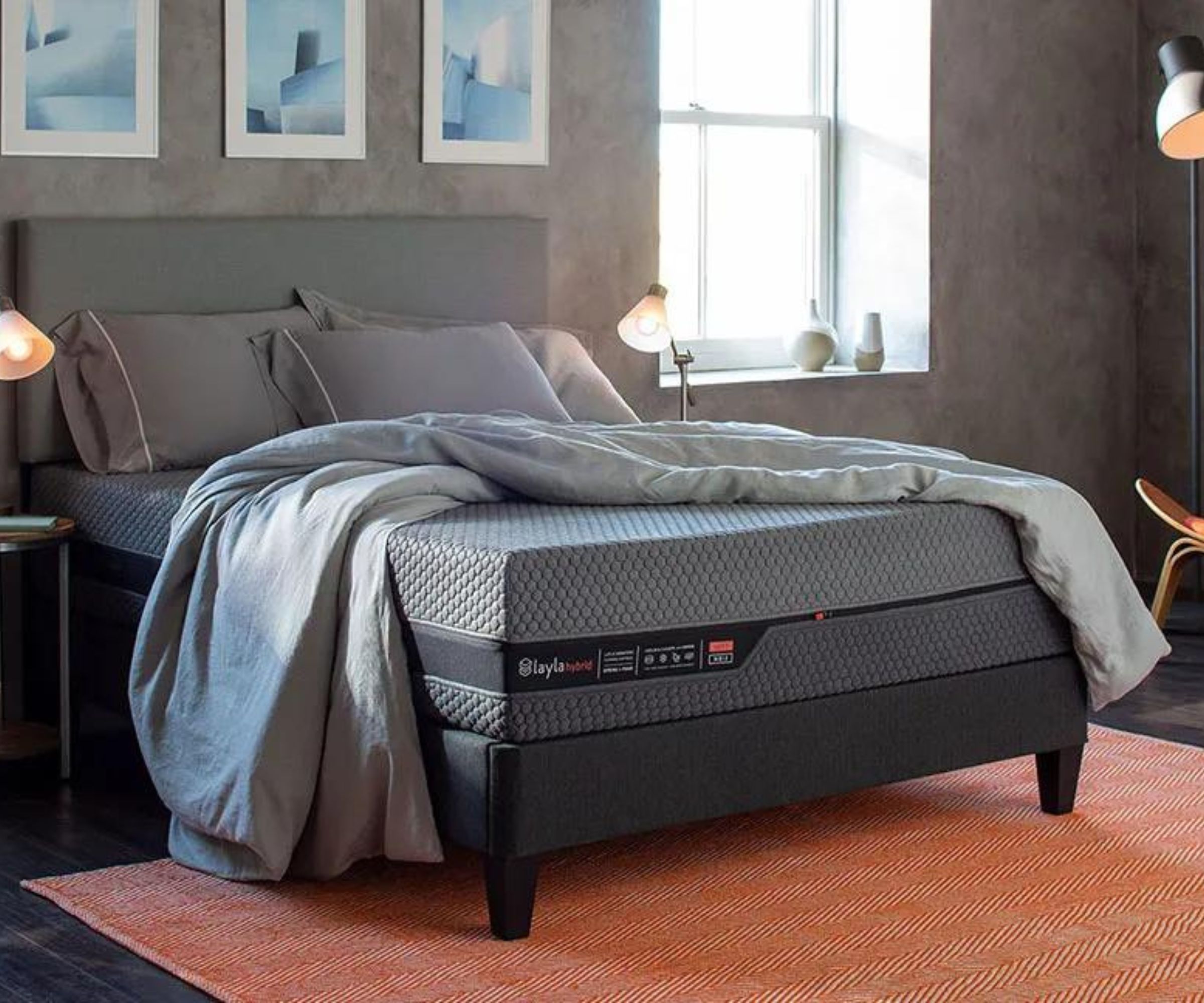
Although you might appreciate the sweet relief of a plush mattress for a few nights in a hotel, it might cause more problems in the long term. You need deep support, every night, to maintain proper spinal alignment. If you insist on sleeping on a plush mattress, make sure the pillowtop rests upon supportive steel coils to bear your weight.
Andy Bloom owns and operates his own mattress store: he has done for more than 30 years. In that time, he's helped countless customers to find their dream beds. As a rule, he wouldn't recommend a plush mattress: 'While some people with back pain may find relief on a plush mattress, others may require a firmer mattress for better support. Generally, we find that medium-firm to firm mattresses are better for people with back pain.'
Final thoughts
You might have made it all the way to the end of this article on window-shopping mode: you'd love to get a plush new bed, but you just can't afford it. You could always invest in the best mattress topper, instead. All it takes is a three-inch layer of foam to totally transform your sleep experience for a fraction of the price of a new mattress.







